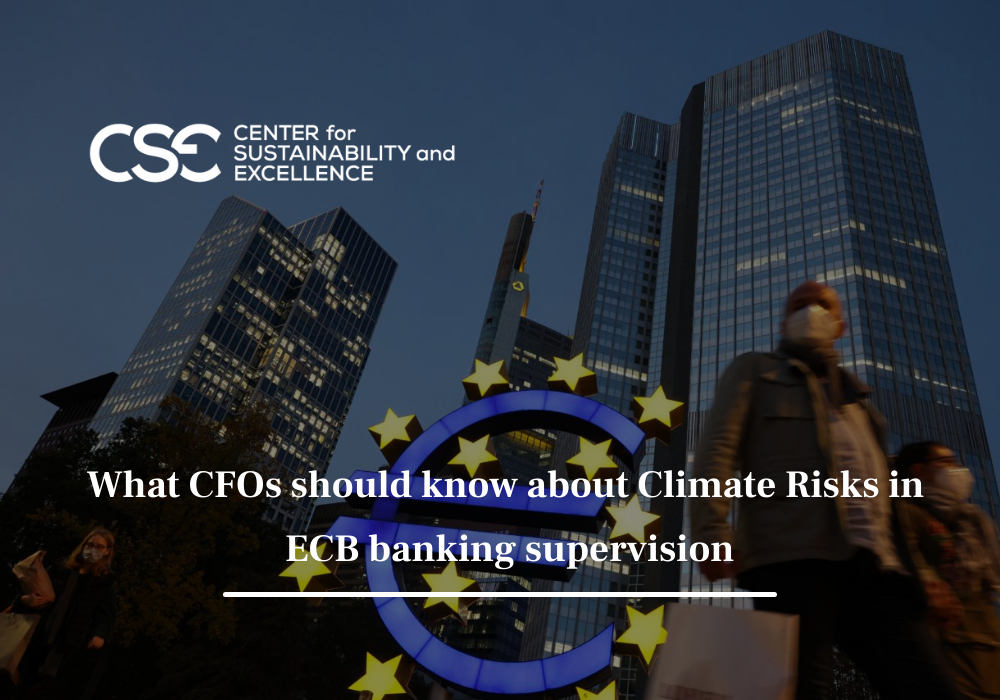Integrating climate change into the financial stability framework has become part of daily central banking discussions. The Network for Greening the Financial System’s initiative, the 2021 Bank for International Settlements Green Swan Conference, The EIB Group Climate Bank Roadmap 2021-2025 have brought the seriousness of climate change to the attention of central banks and market participants.
EU’s Climate policy fundamental transformation involves many challenges, including massive investments for upgrading the European Union’s capital stock, as well as the introduction and revision of governance structures and supporting instruments.
A priority for the ECB is that banks should begin to incorporate climate scenarios. A first review bank in November 2020 of banks’ management of climate risks revealed many gaps. From 2022, such risks may translate into additional capital requirements. Under the Glasgow Alliance for Net Zero commitments, banks will need to report annually on progress against an announced pathway for emission reductions in their portfolio.
Investors and asset owners are held accountable for emissions in their portfolios. But problems extend beyond the financial sector. Sectors such as mining and quarrying account for a relatively small share of emissions compared to traditional sectors, such as manufacturing and some service industries.
In many parts of Europe, banks are the primary lenders to SMEs and can steer their clients’ decarbonization paths. As the ECB’s green agenda is under constant review, how governments, economic agents and business leaders address these interlinked challenges becomes crucial. Investors who want to contribute to address climate-related concerns, know which companies are effectively managing economic risks and assess instability-triggering developments face a practical challenge: where to begin.
The ECB is expected to push policymakers to ensure that its financial stability mandate is supported by clear and time-bound emission targets in key sectors and better disclosure in the real economy.
The Center for Sustainability and Excellence (CSE) is pleased to be leading this inevitable shift, by holding the Certified Sustainability (ESG) Practitioner Program, on December 9-10 & 13, Advanced Edition 2021, Digital Version. Registrants have the opportunity to become Certified Sustainability ESG Practitioners able to design effective Sustainability ESG Strategies and lead the ESG Business Case for their organization.
The three-day Sustainability ESG Program is exclusively designed for Europe and focuses on Corporate Sustainability and ESG strategy for competitive advantage, Sustainability (ESG) Ratings and Reporting Trends according to CSE’s Research Department, stakeholder engagement, investors’ relations and the most business-critical opportunities of 2021 and 2022. It will feature updated content on the SDGs and Circular Economy.
Reach us at [email protected] for early bird and group discounts







